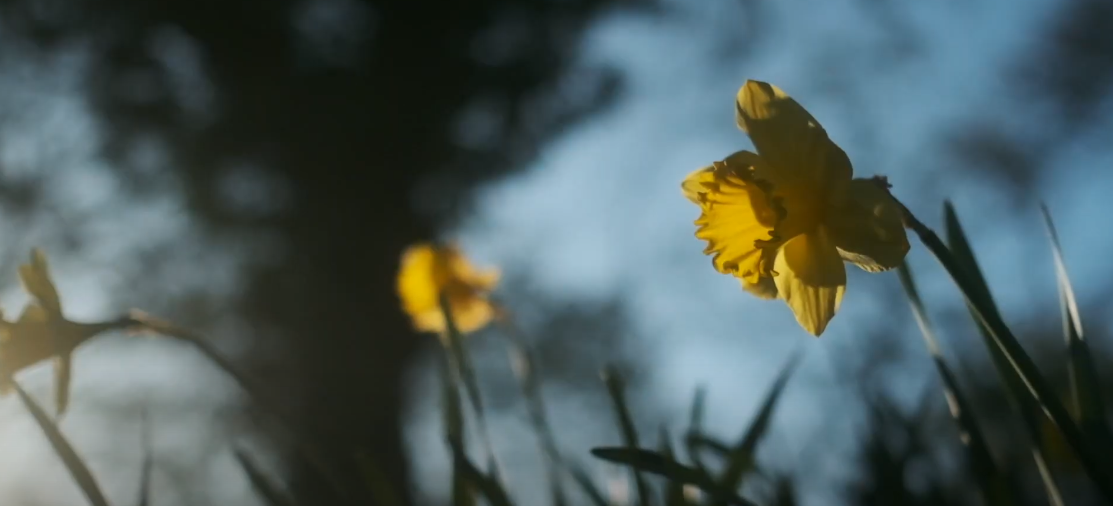Scott Hillman’s The Once is a curious hybrid of nature documentary, interactive-novel-style storytelling, and gentle audiobook narration, and it’s a film that’s equal parts charming and confounding. The story follows Pip, a child who feels disconnected from her family and isolated from the human world, until a mysterious woodland spirit sets her on a transformative journey. Over the course of the film, Pip becomes a series of different animals, each transformation granting her fresh perspectives on life, empathy, and the natural world. Through these experiences, she learns to appreciate the value of all living things—and ultimately, that being human has its own unique place and meaning.
The standout aspect of the film is undoubtedly Socks Whitmore’s narration. Whitmore’s voice is a true delight—gentle, versatile, and capable of conveying a wide range of emotions. Their performance keeps the viewer engaged throughout, turning what could have been a monotonous sequence of stock footage into a whimsical, almost dreamlike experience. At times, the visuals do feel disjointed—mostly stock nature footage with intermittent CGI effects—but the narrative is compelling enough to hold your attention. It’s easy to imagine The Once working beautifully as a long-form audiobook or a meditative bedtime story.
That said, the film does have its shortcomings. Its 90-minute runtime leans heavily on stock footage, which can feel repetitive or even nonsensical in places, and the story can sometimes feel thin when compared to Hillman’s previous works like Baby Cat or Bikini Hackers. There are moments where the narrative meanders, and the whimsical commentary, while charming, occasionally drifts into territory that feels frustratingly random. For viewers expecting a fully fleshed-out cinematic experience, it might not fully satisfy.
Still, for those willing to embrace its meditative, experimental style, The Once offers a quietly magical and thought-provoking experience. Hillman’s exploration of transformation, empathy, and the interconnectedness of life is simple yet profound, and Whitmore’s narration elevates the material in a way that makes the journey through the forest truly memorable. It’s a mixed bag, but there’s undeniable heart and creativity here, even if the execution isn’t flawless.
Jessie Hobson


